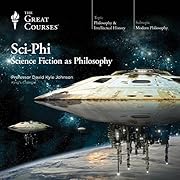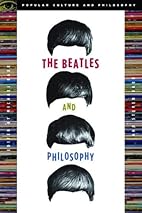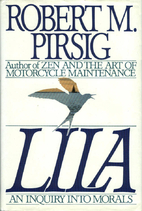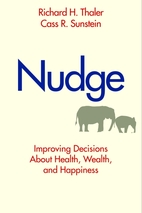This is another book in the Blackwell Philosophy of Pop Culture series. In this book, Alice’s adventures in Wonderland and Through the Looking-Glass are used to discuss ideas in philosophy. I thought this would be a good book, given that almost everyone is familiar with the subject and many people have read one of the two. This book may well encourage you to reread them.
Since Lewis Carol was interested in logic and word games, that provides a lot of the material for this book. The queen, who sees time backwards and who wants to remove people’s heads, and Humpty Dumpty, who reserves the definition of words he uses to suit his immediate needs, along with many others, provide a wealth of fodder for these philosophers to help educate the reader in different philosophical ideas.
Many parts of the book were concerned mostly with logic, or the lack thereof. I found these sections a bit tedious with little new for those who are well-founded in logic.
Another large portion concerned language and words. Looking at what a language is, word definitions and context. Can you readily fix a language with dictionaries and grammars when they are always changing?
Other philosophers (in the collection), addressed feminism, social contracts and nuclear strategy. It is clear that Lewis Carol thought a lot on these ideas after seeing what these authors have found among the works.
These subjects make you rethink what you knew about the books. They are full of some interesting ideas that are lost on the young reader. The book has a lot of interesting information in small bites that make it easy to read and worth the time.









